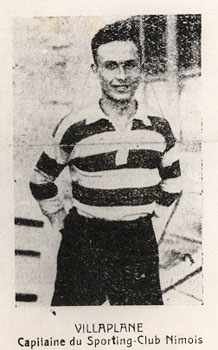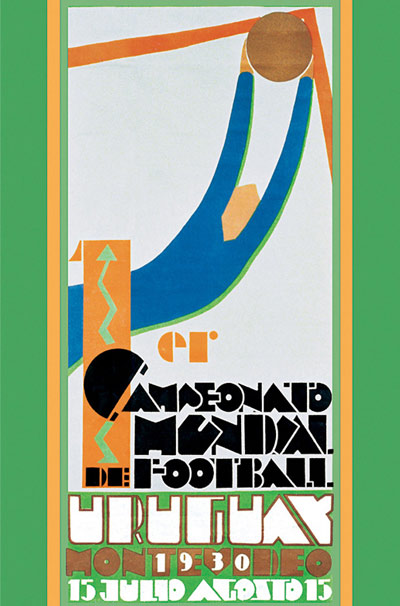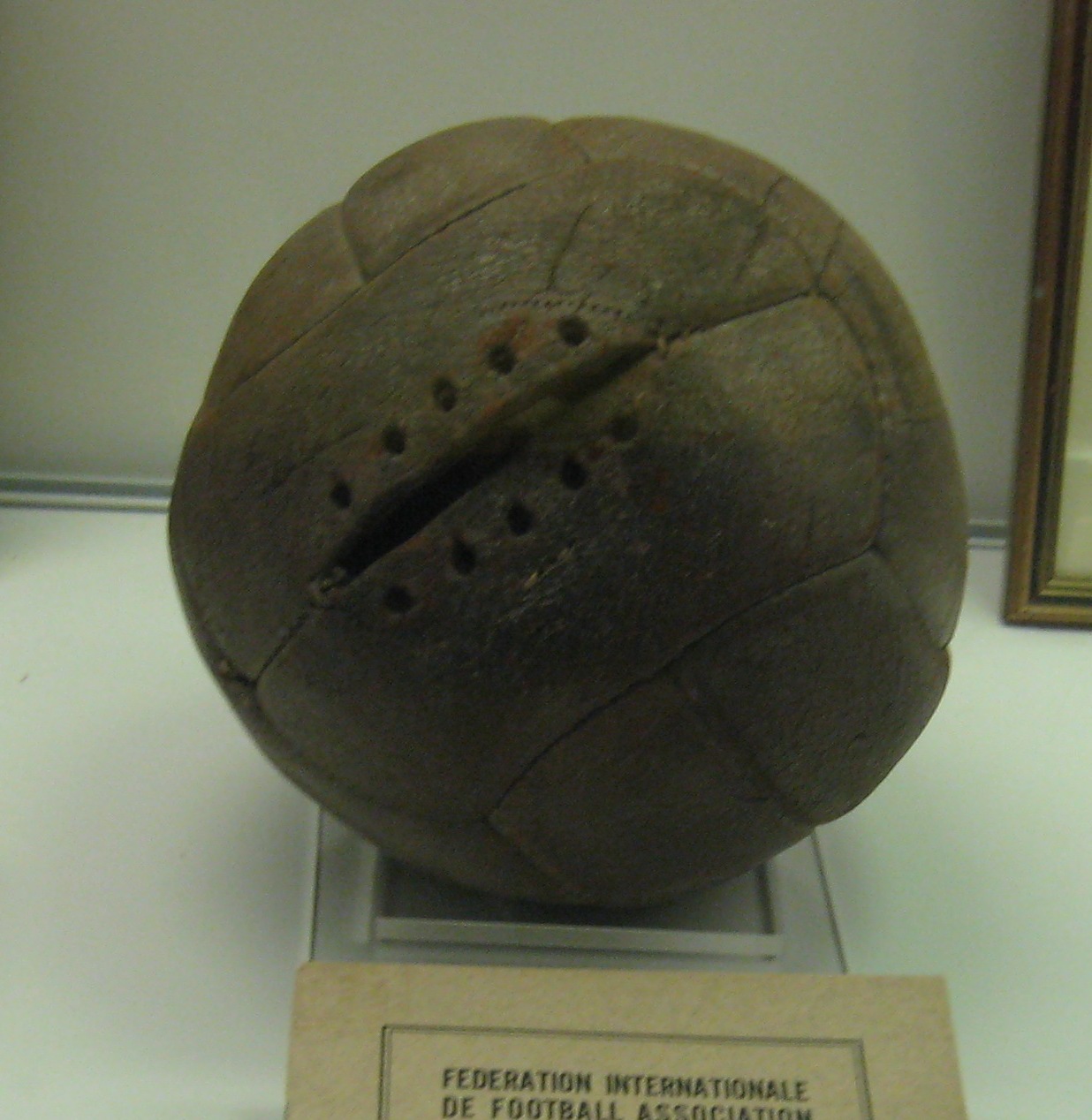A message from Stew: We’re one week away from the World Cup final. At this point, we know that France and Uruguay made it out of group play and into the knockout stage. Not too sure how far each country will go in 2018 but I thought I’d reprint this blog from 27 May 2017 to give you a historical perspective of the first World Cup game and one of Le Bleus’s finest French footballers albeit a terrible human being.
We’ve become immune to the stories we hear every day about professional athletes who get into trouble with the law. Their crimes range from acts of violence to murder and everything in-between.
Our story today is about one of these athletes. He was a French footballer. In other words, he played soccer. His saga starts with the first World Cup in 1930 and ends fourteen years later with his execution at the hands of the French Resistance. He was a well-known and vicious Nazi collabo (collaborationist).
Did You Know?
France has a very storied history behind its national football team (even though our blog today talks about a rather unscrupulous French footballer). France’s first international match was against Belgium on 1 May 1904 (a 3 to 3 draw). Its first World Cup appearance was in 1930 and the team has had fourteen subsequent appearances since then. Lucien Laurent became the first player to score in a World Cup (1930) however, France became the first team to not score in a World Cup match after losing 1−0 to Argentina in the same World Cup. Under its captain, Didier Deschamps (the current coach), Les Bleus won the 1998 World Cup defeating Brazil 3 to 0. One of the younger players, Zinedine Zidane, would help guide Les Bleus to victory in the 2000 Euro Cup. Zidane would captain the team that went to the finals in the 2006 World Cup only to lose to Italy on penalty kicks. One of the low points for the national team came at the 2010 World Cup when the team and its manager suffered a meltdown. Due to a disagreement with the manager, Raymond Domenech, the players boycotted training prior to the third game of the group stage. The team lost the third match and exited the tournament without advancing. Domenech was succeeded by Laurent Blanc who promptly suspended all twenty-three players (including the captain, Thierry Henry) for their next international match and disciplined five players deemed responsible for the boycott. Since then, Les Bleus have come back and today are ranked in the top ten of the FIFA world rankings.
Meet Our Villain

Alexandre Villaplane (1905–1944) was born in Algiers and between 1921 and 1935 played football (i.e., soccer) for various French club teams. Known for his vicious tackling and headers, Villaplane’s greatest achievement was on the pitch (i.e., field) playing for Les Bleus or, “The Blues.” The national team kit (i.e., uniform) was and remains red, white, and blue. Unfortunately, by 1944, Villaplane was wearing a different uniform and was better known for his cruelty, blackmail, and murders.

Learn more about the 1930 World Cup.
The first FIFA World Cup was played in Uruguay from 13 to 30 July 1930 and consisted of thirteen teams including France and the United States (yep, you read this correctly and here’s the other shocker—the United States national team came in third).
Villaplane was named captain of the French National World Cup team. France was one of four teams in Group 1with Argentina, Chile, and Mexico rounding out the group. On 13 July 1930, Villaplane led the team to its only victory of the 1930 World Cup—a 4 to 1 score over Mexico. The next two games (against Argentina and Chile) were both 1 to 0 losses. Only Argentina broke out of the group stage and advanced to the knockout stage. Ultimately, Uruguay would beat Argentina in the finals with a score of 4 to 2. The World Cup was ultimately seen as the highlight of Villaplane’s football career. After this, his club career went into a downward spiral.

French Football Clubs
After the World Cup, Villaplane went on to resume playing for his club. While players were not supposed to be paid, in reality the clubs paid each of them a salary. Prior to the World Cup, Villaplane had a reputation as a mercenary, moving between teams for the highest payment. Soon after returning to France from Uruguay, a playboy lifestyle replaced Villaplane’s attitude and enthusiasm towards the game. His club career took a U-turn and soon Villaplane would be shuffled off from team to team after managers got tired of dealing with him. Read More Les Bleus, Le Collabo et l’Exécution
